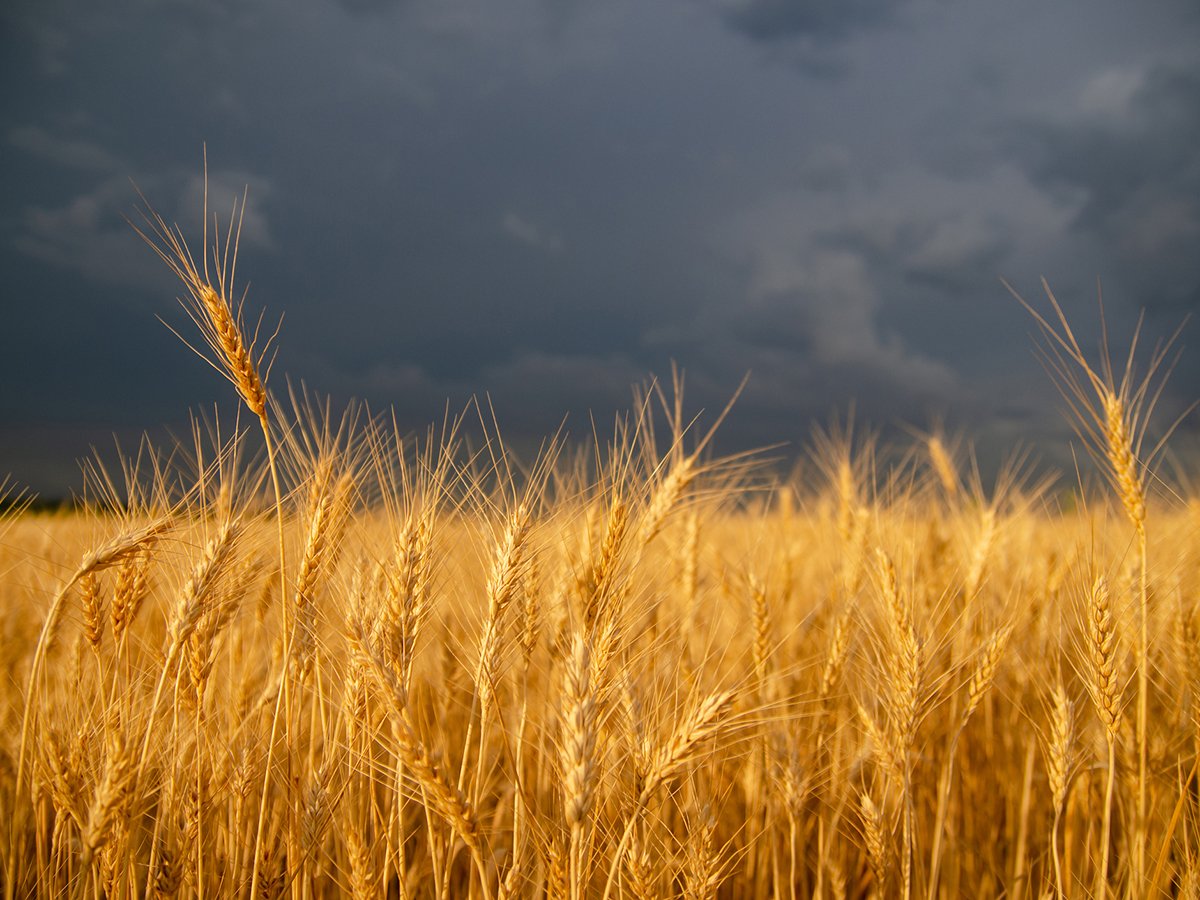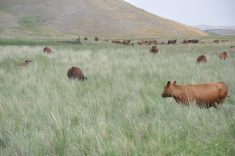Some members of the Farmers for Justice were, they declare, shocked, appalled, offended and generally irked when they had an encounter with Saskatchewan cabinet minister Berny Wiens at a large Rosetown rally supporting the wheat board.
It seems the minister, who’s also a farmer, used some vulgar language, telling the anti-board FFJers in a personal meeting (away from the microphones) that it’s “a-holes” like them who wreck things.
All the FFJers seemed quite familiar with the word. None mentioned having to look it up in a dictionary, and none were reported to have fainted from shock.
Read Also

Late season rainfall creates concern about Prairie crop quality
Praying for rain is being replaced with the hope that rain can stop for harvest. Rainfall in July and early August has been much greater than normal.
But a flurry of outraged FFJ faxes started descending on Prairie newsrooms to make sure all media knew about the monstrous scandal.
(The word in question doesn’t appear in the Western Producer dictionary, so we cannot rely on a neutral definition to determine how objectionable it might be. The closest entry is “Assassin,” a hashish-befuddled member of a fanatic cult who terrorized their opponents. That would indeed be wrong to use to describe even the FFJ.)
In any case, the word was quickly deemed to be politically incorrect, even if made in what Wiens felt to be a private heated exchange. So a letter of apology has been sent.
If an outraged society requires more atonement, perhaps the minister could be required to wash his mouth out with some rye and ginger. Many rally participants would cheerfully provide it.
Meanwhile, with this tempest in a teapot, the FFJ succeeded in a small way in drawing some attention away from the real story of the week’s rallies.
The real story is that across the Prairies, thousands of farmers came out to voice strong support for the Canadian Wheat Board. They gathered in Edmonton, Rosetown, Clavet, Oak Bluff and other places. Those rallies, with some smaller ones in preceding and subsequent weeks, hopefully sent a clear message to Ottawa: don’t weaken the wheat board.
The farmers’ message has been reinforced by assessments from a range of authorities, from university economists to the Canadian Grain Commission, who see severe problems in a panel’s recent proposals to make major changes in the wheat board.
Now it’s up to federal agriculture minister Ralph Goodale to respect these clearly-articulated views as he develops a considered response to calls for wheat board reform.
Reform MPs, meanwhile, may have some reason to be nervous at this groundswell of support for the board. Unless the Reform Party changes its anti-board tune, it may find its ranks of western MPs thinned next election.
















